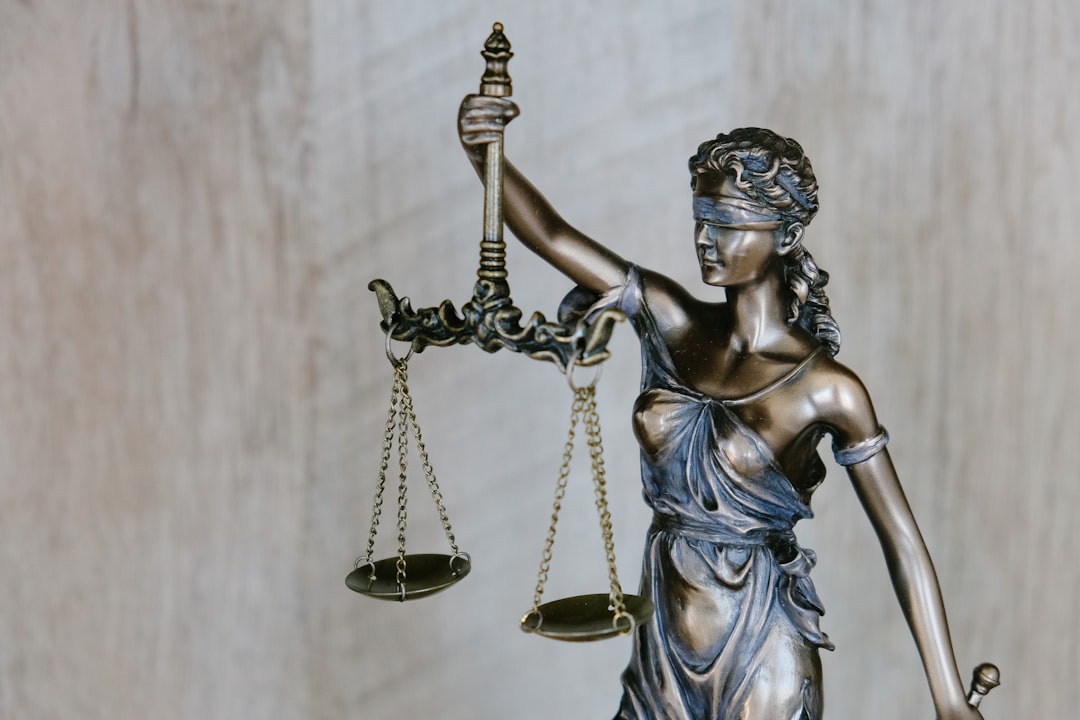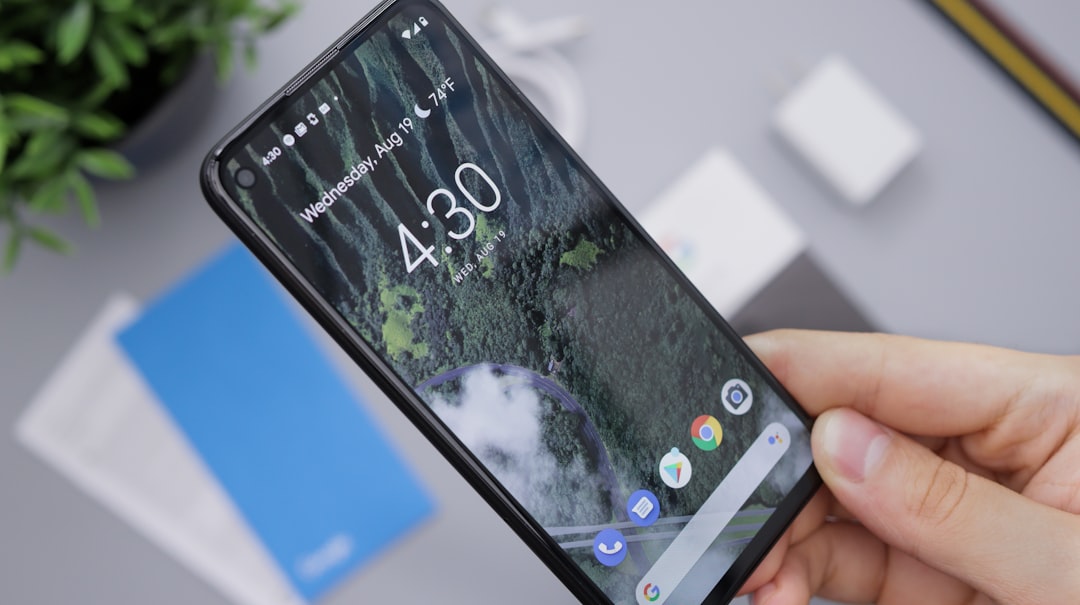In the District of Columbia, the Telemarketing Consumer Protection Act (TCPA) regulates automated telemarketing to protect residents from unwanted communications. Businesses operating in D.C. must obtain explicit consent for automated calls and texts, face penalties for non-compliance, and implement systems for managing consent and tracking records. Voice recognition technology has revolutionized customer interactions by offering efficient automation, but its integration presents challenges like privacy concerns under TCPA regulations and potential miscommunication. Navigating TCPA compliance involves understanding VRT's impact on customer interactions, adhering to guidelines on recordings, data privacy, and opt-out mechanisms, and carefully designing VRT solutions to avoid violations and foster positive experiences.
In the dynamic landscape of the District of Columbia, businesses must navigate stringent regulations, especially regarding telecommunications. The Telephone Consumer Protection Act (TCPA) in D.C. shapes how companies utilize voice recognition technology (VRT), impacting customer interactions and data privacy. This article delves into the intricacies of TCPA regulations specific to D.C., explores the dual benefits and risks of VRT, and offers guidance for businesses aiming to comply with these rules in an evolving digital era.
Understanding TCPA Regulations in D.C.

In the District of Columbia, the TCPA (Telemarketing Consumer Protection Act) plays a pivotal role in governing automated telemarketing calls and text messages. These regulations are designed to protect residents from unwanted and harassing communications, ensuring their privacy and peace of mind. The TCPA establishes strict rules for businesses engaging in telemarketing activities within D.C., mandating explicit consumer consent before initiating any automated calls or texts.
Compliance with TCPA regulations is essential for businesses operating in the District. Failure to adhere to these guidelines can result in substantial financial penalties. Businesses must implement robust systems to obtain and manage consumer consent, track call and message records, and provide easy opt-out mechanisms. By understanding and adhering to TCPA laws, D.C.-based companies can avoid legal pitfalls while effectively utilizing voice recognition technology for legitimate business purposes.
Voice Recognition Technology: Benefits and Risks

Voice recognition technology has transformed how businesses in the DC area interact with customers, offering numerous benefits. It enables efficient and automated customer service through voice assistants and call centers, significantly reducing response times. This technology is particularly advantageous for small businesses in DC, as it allows them to provide 24/7 support while managing costs effectively. With advancements in artificial intelligence, voice recognition can understand complex queries, making interactions more natural and user-friendly.
However, the implementation of voice recognition also poses risks. Privacy concerns are paramount, especially with the TCPA (Telemarketing Consumer Protection Act) regulations in place for District of Columbia businesses. Voice data is sensitive, and companies must ensure they handle it securely to protect consumer information. Furthermore, while voice assistants can enhance customer experience, they might also lead to miscommunication or errors due to their reliance on natural language processing. Businesses need to balance the benefits against these potential drawbacks to ensure successful and ethical integration of voice recognition technology in DC.
Navigating Compliance for DC Businesses Using VRT

Navigating compliance with the TCPA (Telecommunications Consumer Protection Act) in the District of Columbia can be a complex task for businesses, especially when integrating voice recognition technology (VRT). As VRT becomes increasingly prevalent, DC-based companies must ensure their practices align with the strict regulations outlined by the TCPA. This involves understanding how VRT interacts with customer interactions, particularly in automated systems and chatbots.
Businesses need to carefully design and implement VRT solutions to avoid potential violations. This includes obtaining proper consent for call recordings, ensuring privacy during data collection, and providing clear opt-out mechanisms. By adhering to these guidelines, DC businesses can leverage the benefits of VRT while maintaining compliance with TCPA regulations, ultimately fostering a positive customer experience without legal repercussions.






